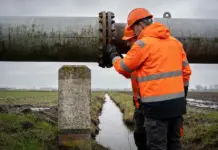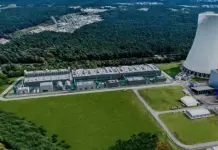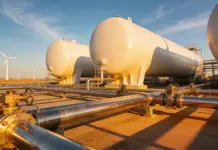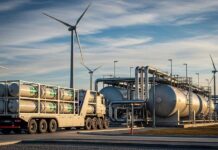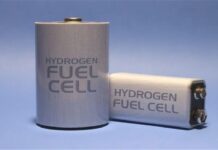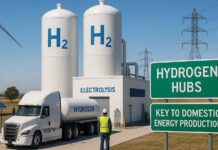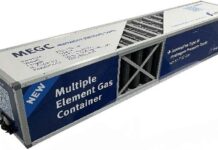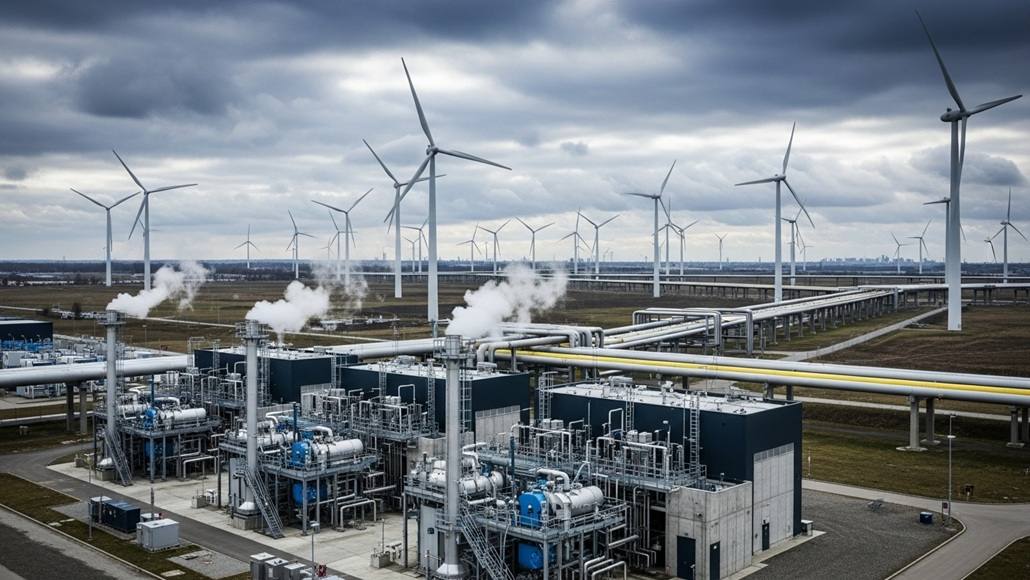The race is on—green hydrogen is no longer just a footnote in policy documents. It’s at the centre of a green hydrogen industrial revolution, and Europe is leading the way.
As the green hydrogen industrial revolution picks up speed, the market isn’t moving slowly; it’s growing quickly. We’re talking about a predicted value of $134.86 billion by 2030, with a jaw-dropping 56.75% CAGR from 2024. This isn’t simply about getting clean energy anymore. From big companies like Siemens Energy to localities that are looking to the future, like Lancaster, California, everyone is focused on electrolysis, hydrogen infrastructure, and scaling up quickly. And don’t forget, it’s all happening on a ticking geopolitical clock.
Big Players, Big Moves
Siemens Energy isn’t just playing around; they’re building factories in Berlin that can make gigawatts of electrolysers. They’ve also worked with Air Liquide to build a 200 MW plant in Normandy. The goal is to create a model for hydrogen production across Europe, driving momentum in the green hydrogen industrial revolution.
In the U.S., Plug Power and Bloom Energy are making headlines with SoCalGas. They are building the biggest hydrogen hub in North America in Lancaster, California.
In Spain, on the other hand, Iberdrola’s solar + electrolysis combination is cutting down on emissions and setting an example for sustainable industrial energy. Nel ASA and GM are working together to make their modular PEM platform more flexible and efficient. ITM and FRIEM are also involved, discreetly striving to cut through red tape and solve deployment problems with standardised 2MW electrolyser units that are easier and quicker to set up.
Why It Is Happening Now
The short answer is the pressure is on. Climate change is becoming worse, and energy security is more important than ever. Clean hydrogen ticks all the appropriate boxes: it helps heavy industries stop using fossil fuels, it stores renewable energy, and it gives nations like those in the EU a chance to stop relying on imported fossil fuels. Policy isn’t simply trying to catch up anymore; it’s keeping up with financing step by step. For example, REPowerEU, Fit-for-55, or the U.S. Inflation Reduction Act. The money and the momentum are there; it’s time to move.
Zoom In: What Really Makes All This Work
The technology powering this explosion isn’t an old-school hydrogen arrangement. PEM electrolysers are a next-generation invention that is versatile, scalable, and great for renewable energy. Then there are Solid Oxide Electrolyser Cells (SOECs), which are used where industrial heat is involved, such in chemical plants and steel. There is still a place for alkaline electrolysis, but honestly? Newer, more agile systems that are built to match the needs of the present are outpacing it.
It’s More Than Green—It’s Smart
This is more than simply success in the fight against climate change; it’s also a step towards national security. Cross-border pipelines like H2Med and hydrogen hotspots like Berlin and Normandy are building more than just infrastructure. They have put together a combination of energy sources that don’t produce any emissions, which will make the area stronger and more independent. The person in charge of hydrogen makes the regulations. This is how the new power game works.
The Risk Factor
Let’s be honest: this is a risky move. What are the fees up front? Huge. Everything slows down if technology doesn’t become cheaper or if the process of getting permits doesn’t speed up. We can’t overlook the big issue here: if hydrogen demand doesn’t expand pace with renewable energy, the entire system might fall apart. Oh, and what about popular support? Still a mystery. People don’t necessarily want huge hydrogen pipes and plants in their backyards.
The Bottom Line
No, green hydrogen isn’t the answer to everything. But it’s the best way we have to get rid of carbon from hard-to-decarbonize things like steel, fertiliser, and worldwide shipping without putting everything on battery storage. Now it’s all about speed. It’s not only about who develops what in the race between Europe and California; it’s also about who sets the industry standard for the future energy period.

